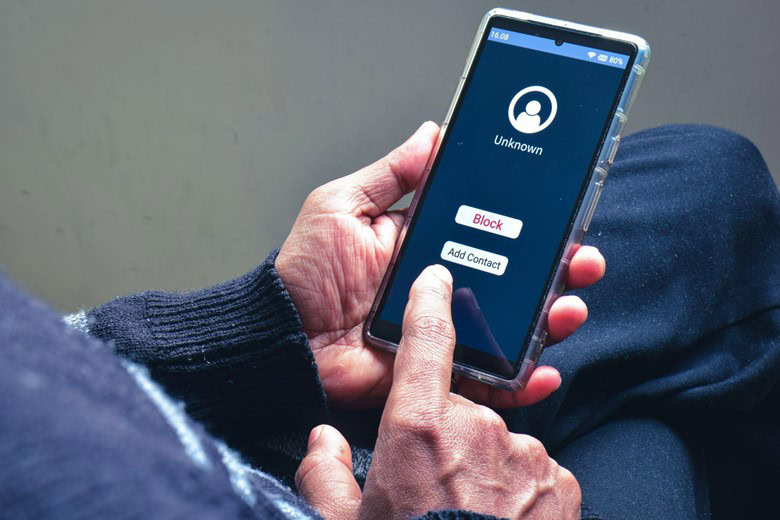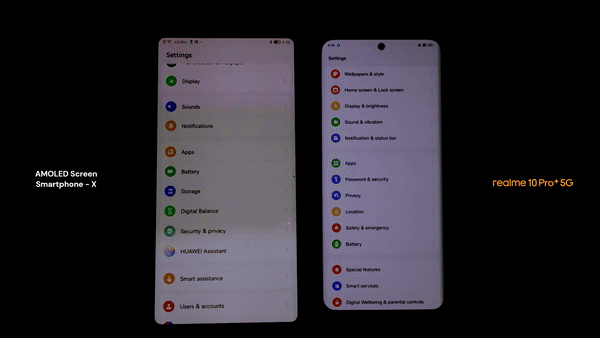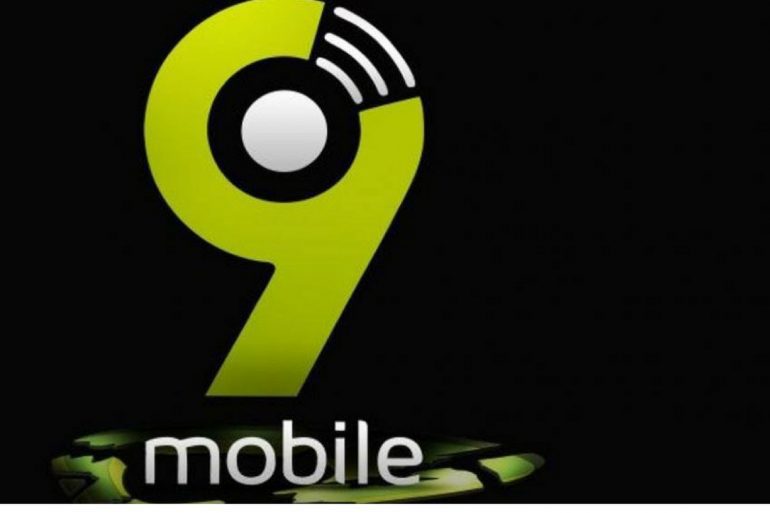
In today’s world of telemarketing and online scams, receiving a call from a restricted number has become quite common. These calls hide the caller’s identity and phone number on purpose and can come from individuals, businesses, or automated systems. It often leaves you wondering who’s on the other end and what they want from you.
This article will explain the different types of restricted phone calls and show you how to handle them effectively. We’ll also look into how reverse phone lookup tools can help you learn the identity behind these calls.
Understanding Restricted Phone Calls
Restricted phone calls happen when a caller intentionally hides their identity and phone number from the person receiving the call. If you’ve ever gotten a restricted call before, you might have noticed the caller ID displaying “Restricted,” “Private,” “Unknown,” or “Blocked.” This can often be unsettling, especially if the call comes at odd hours of the day or night.
There are several reasons why someone might choose to restrict their number:
- People often restrict their numbers to maintain privacy by protecting their personal contact information from strangers and avoiding being tracked.
- Companies might use restricted numbers when conducting outbound calls to appear more professional, manage large call volumes, and protect the privacy of their employees. This is often used by customer service departments, telemarketing firms, and collection agencies.
- Automated systems can also restrict their numbers to prevent you from calling them back.
- Scammers use restricted numbers to hide their identity, get around call-blocking features, and avoid getting caught while running their scams.
What to Do When You Get a Restricted Phone Call?
If you get a restricted phone call, do not answer it immediately. Let it go to voicemail instead and determine if it was legitimate based on the message that’s left behind. Legitimate callers usually leave behind detailed messages that give you context and contact information.
If you do answer, make sure to listen to the caller’s introduction carefully. Scammers can be very convincing, using well-thought-out tactics and emotional manipulation to trick you into providing personal information or making financial transactions. You can always block suspicious restricted callers and report them to your local authorities.
How Reverse Phone Lookup Tools Can Help
Reverse phone lookup tools, like the one you can find here, are the best solution for identifying unknown or restricted callers. By inputting the restricted number into the tool, you can quickly discover details such as the caller’s name, location, or associated business. The tool searches through public databases, which include criminal reports, social media profiles, and other online sources, to gather information about the phone number and its owner.
The process of using a reverse phone lookup tool is relatively simple. You start off by entering the contact number in the tool’s search bar and adding any other relevant information you might know, such as location. This will help narrow down the tool’s search.
Most tools ask you to accept their terms and conditions and privacy policy before you can access the results. Once that’s clear, you’ll get a detailed report about the caller’s name, address, business, social media handles, and any previous reports about the number. Some tools can also provide additional details like user-generated feedback or scam alerts.
Based on the information you receive, you can decide how to take action. If the number is associated with a legitimate business or personal contact, you can return the call. However, if it’s flagged as a scam or unknown, you can either block or report it for your own peace of mind.
You can also double-check this information by searching for the restricted caller on Google. If any forums or online discussions mention the number, you can get further context or warnings about potential scams or common issues that people have with that caller.
Prioritize Your Safety
When dealing with restricted phone calls, your safety always comes first. Don’t share personal, financial, or sensitive information with any callers whose identity you can’t verify. Legitimate businesses never ask for confidential data over the phone.
Instead, stay calm and take your time to learn about the caller’s identity. Reverse phone lookup tools always come in handy in this case. By putting yourself first and remaining cautious and well-informed, you can better protect yourself from potential scams and fraud.


















Thanks for this ultimate guide on dealing with restricted phone calls! Your tips on identifying and managing these calls are really helpful, especially in today’s world where spam and scams are so common. I appreciate the practical advice on how to protect our privacy and avoid unwanted interruptions. Great resource!”